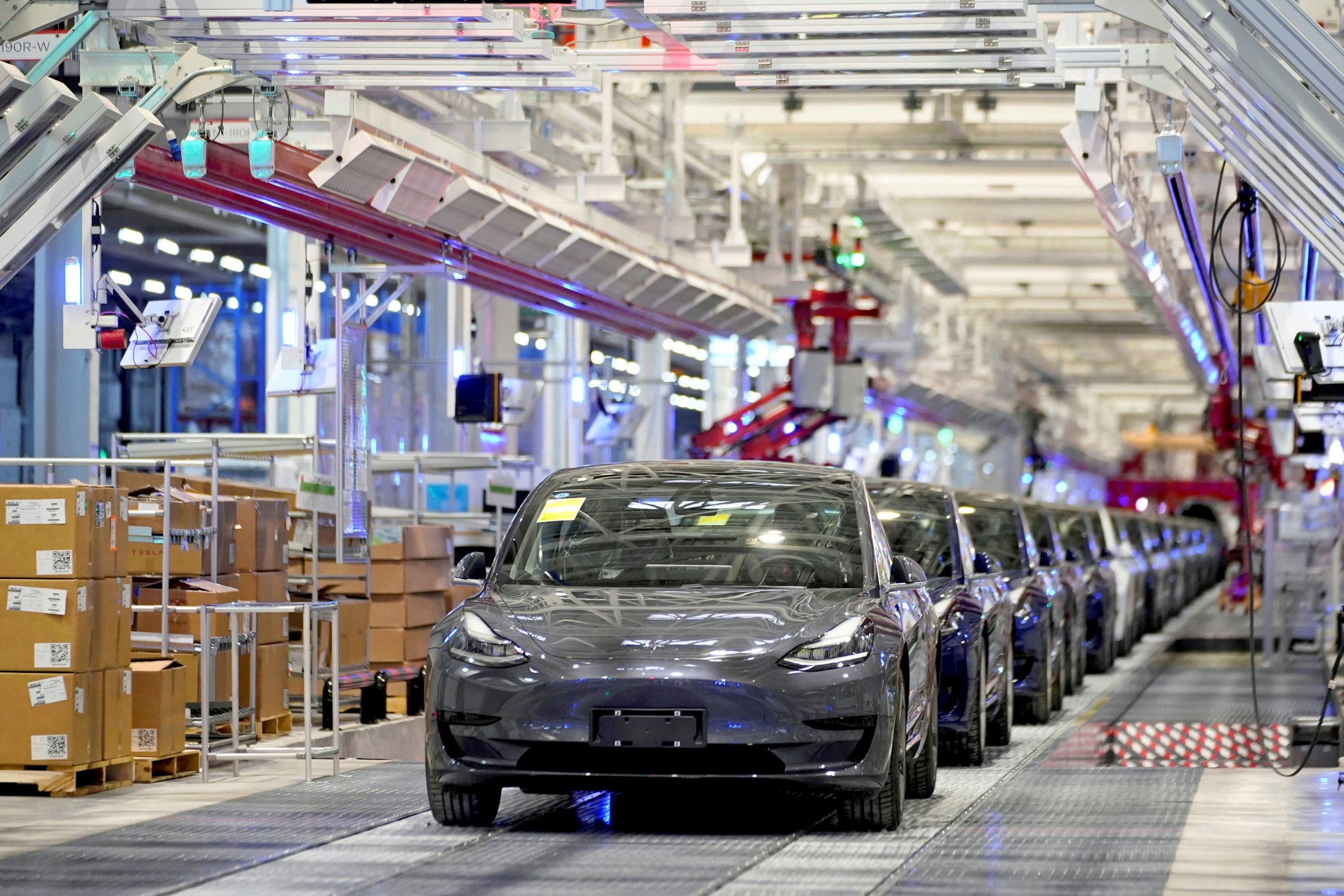
In a historic move this week, California became the first state to outlaw the sale of new gas-powered vehicles by the year 2035. By the middle of the next decade, all new cars and light trucks sold in California will have to be electric vehicles (EV) or other zero-emissions models, thanks to an ambitious phase-out plan adopted by the California Air Resources Board (CARB).
It’s safe to say that other states will soon follow California’s lead. Officials in states including Washington, Massachusetts, and Virginia have discussed plans to enact similar measures in the days following California’s approval of the plan, which aims to reduce emissions to combat human-caused climate change.
According to a recent New York Times article by Coral Davenport, Lisa Friedman, and Brad Plumer, the Environmental Protection Agency (EPA) has not yet approved California’s plan, but they expect it to happen soon. Neither pre-owned vehicles nor new ones would be affected by the proposed rules changes.
California is able to impose stricter pollution requirements than the federal government because of the Clean Air Act. Under the statute, other states can opt to follow either California’s standards or the federal government’s. According to the New York Times, a gas-powered car ban would affect about a third of the United States’ auto market if all 16 states that have historically chosen to embrace California’s requirements decide to do so again.
State of Washington is “ready to embrace California’s regs by the end of this year,” Governor Jay Inslee of Washington said in a tweet. In 2020, lawmakers mandated that the state’s ecology department follow whatever future pollution rules California enacted.
According to David Kroman of the Seattle Times, the public will get a chance to weigh in on Washington’s forthcoming regulations. Public officials have stated that they are still hopeful that the state will meet its objective of decreasing car emissions by 68 percent by 2030.
According to Anna Lising, senior climate adviser to Washington’s governor, “we think of the California regulation as the floor and we’ve set a new ceiling of aiming to get that done by 2030.”
Similarly, as reported by Hiawatha Bray of the Boston Globe, a climate bill enacted into law in Massachusetts earlier this month included a trigger language that directs the state to follow California’s lead in phasing out gas-powered cars. Massachusetts regulators can now begin working on a similar restriction now that they know a plan has been authorised by California officials.
According to Sarah Vogelsong of the Virginia Mercury, “Virginia has also enacted a 2021 bill synchronising its auto emissions regulations with California.”
CNN’s Ella Nilsen reports that officials in New York, Rhode Island, and Oregon have all announced plans to implement a similar ban, while officials in Maryland and New Jersey have said they are considering doing the same.
On the heels of the new federal Inflation Reduction Act, which includes unprecedented levels of financing for measures aimed at stopping climate change, California has enacted its own set of regulations. Tax credits of up to $4,000 for the purchase of a used electric car, and up to $7,500 for the purchase of a new one, are available to people under this statute.
To date, EVs have captured around 5.6% of the U.S. market for new vehicles, with a substantially greater percentage, over 16.0%, in California, the largest auto market in the country.
Most automakers are on board with the concept of increasing the number of electric vehicles on the road, but many have expressed doubts about California’s (and possibly other states’) ability to implement the ban in such a short amount of time. To begin, they claim that the current number of EV charging stations is inadequate to meet the expected demand. Furthermore, they claim that it will be difficult to source enough raw materials to manufacture batteries for such a large number of EVs.